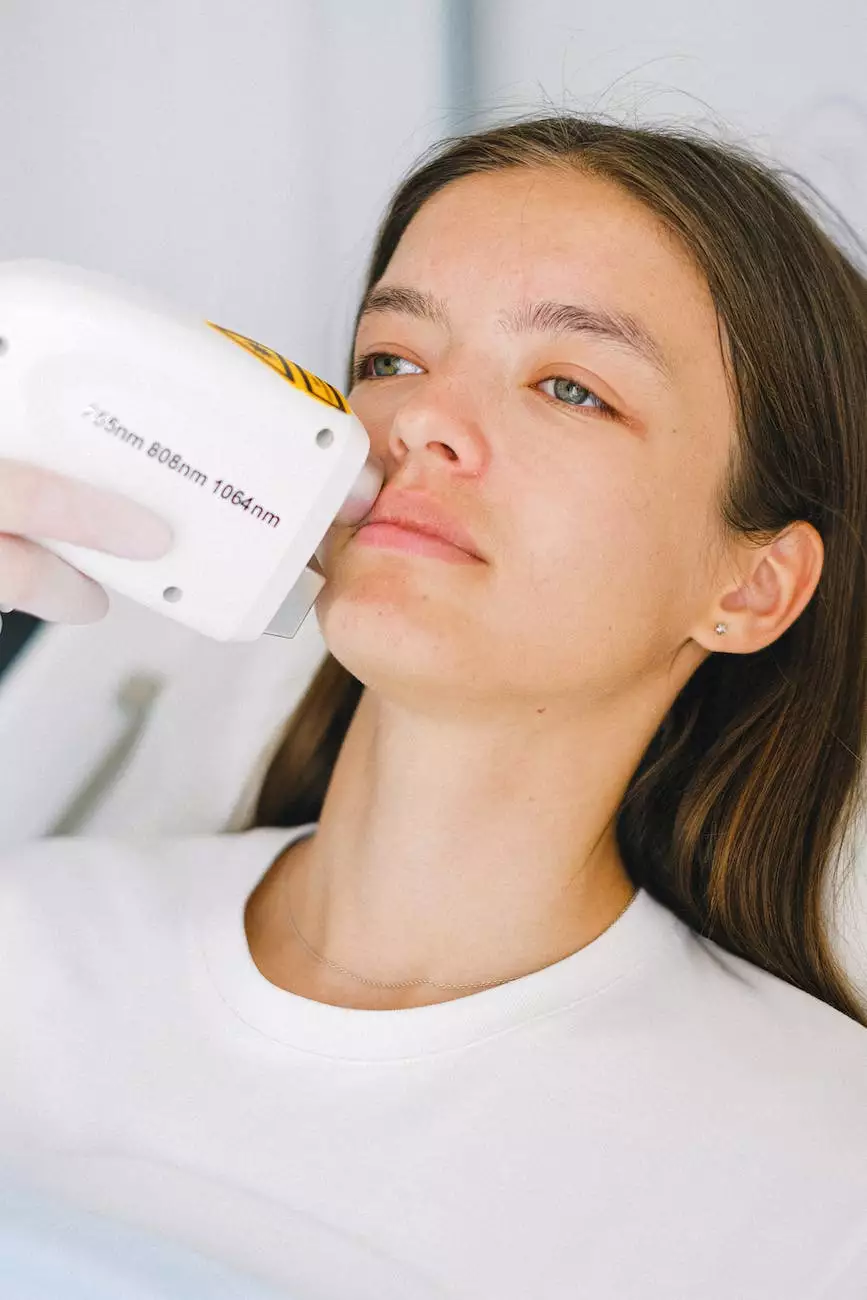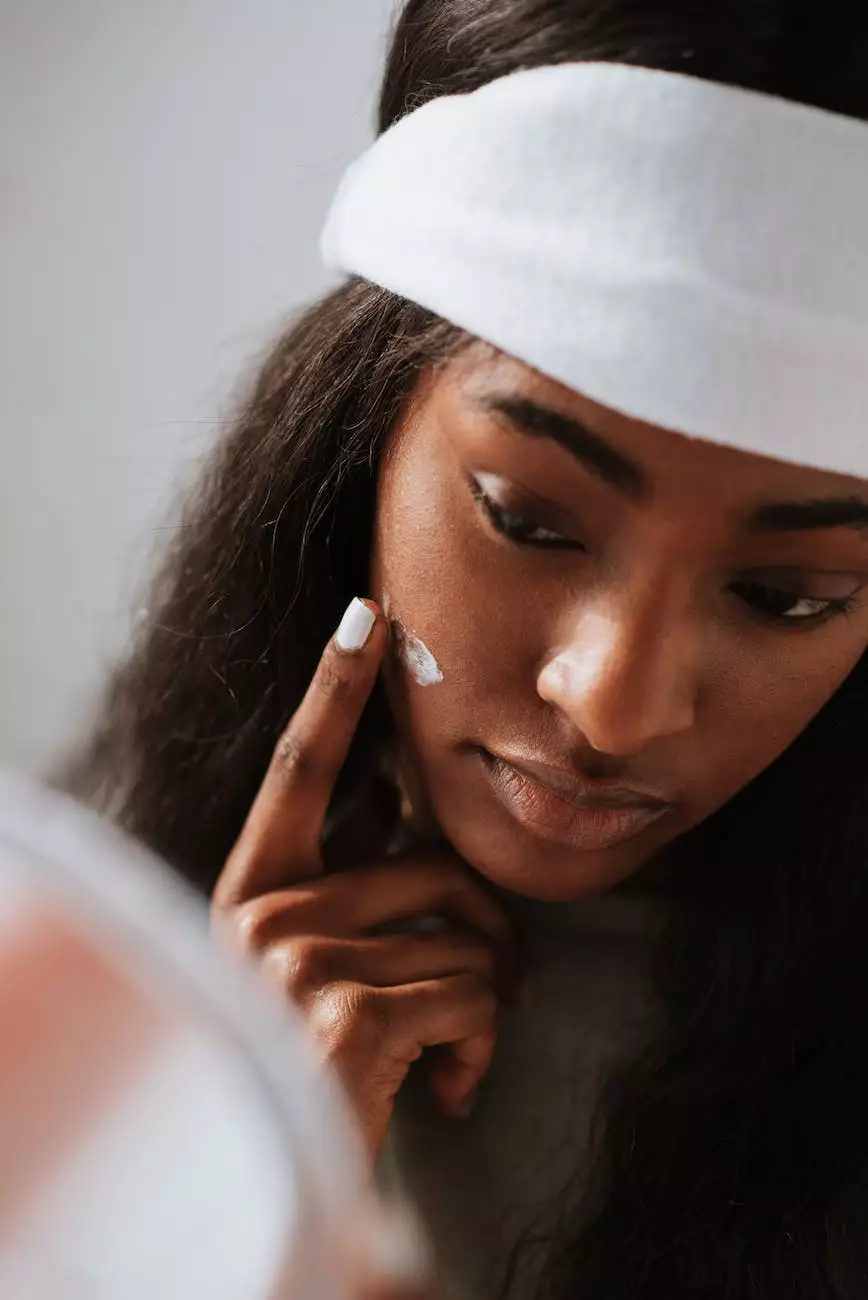The Truth about Sunscreen: Is it Safe?

The Importance of Protecting Your Skin
As individuals, we all have different skin types, tones, and sensitivities. However, one thing holds true for everyone: the importance of protecting our skin from the damaging effects of the sun. Sun exposure can lead to sunburns, premature aging, and an increased risk of skin cancer.
The Basics of Sunscreen
Sunscreen is a vital tool in protecting your skin from harmful UV radiation. It is designed to absorb or reflect ultraviolet (UV) rays, preventing them from penetrating the skin. Sunscreens typically contain active ingredients such as titanium dioxide, zinc oxide, or a combination of organic compounds that act as filters.
When choosing a sunscreen, it is important to look for a broad-spectrum formula that protects against both UVA and UVB rays. UVA rays can lead to premature aging, while UVB rays are primarily responsible for sunburn. By using a broad-spectrum sunscreen, you are safeguarding your skin against the full spectrum of harmful rays.
The Effectiveness of Sunscreen
The effectiveness of sunscreen depends on various factors, including the SPF (Sun Protection Factor) rating, proper application, and reapplication. SPF measures the ability of a sunscreen to block UVB rays. Higher SPF ratings provide greater protection, but it is important to note that no sunscreen can offer 100% protection.
To achieve maximum effectiveness, it is crucial to apply sunscreen generously and evenly to all exposed areas of the skin. Experts recommend using about one ounce (approximately a shot glass full) to cover your entire body. Reapplication is necessary every two hours, or more frequently if you are swimming or sweating profusely.
Common Misconceptions about Sunscreen
Despite its importance, there are several misconceptions surrounding the use of sunscreen. Let's address and debunk some of these myths:
Myth: Sunscreen is only necessary on sunny days.
Fact: Sunscreen should be used daily, regardless of the weather. Even on cloudy or overcast days, UV rays can still penetrate the clouds and cause damage to your skin.
Myth: Sunscreen prevents the body from producing vitamin D.
Fact: While sunscreen can reduce the production of vitamin D in your skin, it does not entirely block it. Adequate vitamin D levels can still be achieved through a balanced diet and limited sun exposure during safe hours.
Myth: Once applied, sunscreen provides protection all day.
Fact: Sunscreen needs to be reapplied regularly, especially after swimming, sweating, or prolonged sun exposure. The protective barrier it creates on the skin diminishes over time.
Myth: Natural or organic sunscreens are always safer than chemical sunscreens.
Fact: Both natural and chemical sunscreens can be safe and effective when used correctly. The choice between the two depends on personal preference and any specific skin sensitivities or allergies.
Tips for Sunscreen Application
To ensure the best protection for your skin, follow these tips when applying sunscreen:
1. Apply sunscreen before heading outdoors.
This allows sufficient time for the sunscreen to bond with your skin and provide effective protection.
2. Cover all exposed areas.
Don't forget commonly overlooked areas, such as the ears, back of the neck, and tops of the feet.
3. Use sunscreen alongside other protective measures.
Sunscreen should be used in conjunction with other sun protection methods, such as seeking shade, wearing protective clothing, and using sunglasses.
4. Check expiration dates.
Expired sunscreen may not offer sufficient protection. Be sure to replace sunscreen that is past its expiration date.
5. Consult a dermatologist for personalized advice.
If you have specific skin concerns or questions about sunscreen, it is always best to consult with a dermatologist who can provide expert guidance tailored to your individual needs.
Conclusion
In conclusion, sunscreen plays a vital role in protecting our skin from the harmful effects of the sun. Understanding the facts, debunking myths, and following proper application techniques can help ensure the maximum effectiveness of sunscreen.
At Foley James D MD, we prioritize your skin health and offer comprehensive information and guidance regarding sun protection. Trust us as your reliable source for all your dermatological needs. Together, we can safeguard your skin and promote a healthy, glowing complexion.










